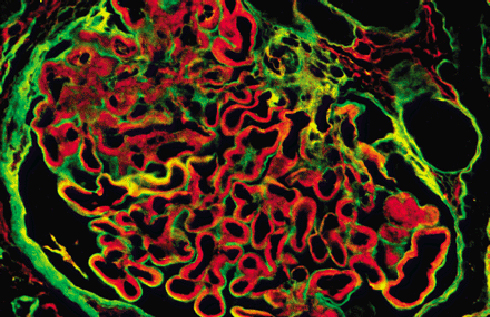
The Department of Pathology is located on the 3rd floor of the Veterinary Faculty Animal Hospital building, and the necropsy hall is located on the 1st floor of the same building. In the department, where the offices of the members of the department are located, there is a histopathology laboratory, poultry necropsy room and a report writing room with microscopy evaluation, which are also used in routine and research studies. In addition, there is a library/seminar hall with immunohistochemistry laboratory, cell culture laboratory and molecular pathology laboratory to be used in research and doctoral education. There is a necropsy hall and a cold room to be used in student practices and routine necropsy activities.
The main area of interest of the Department of Veterinary Pathology is the factors and formation mechanisms of diseases and the changes that these diseases cause in the body. The department performs functions such as providing pathology education to veterinary undergraduate and doctoral students, diagnosis of diseases in domestic and exotic animals and scientific research.
During the general pathology education given at undergraduate and doctoral levels within the curriculum of the department, students are given general information about diseases that are shaped due to bacterial, viral, parasitic and other factors and the mechanism of the body's response to these diseases, circulatory system disorders, immune system pathology, neoplastic formations. During the special pathology training, which is based on the general pathology training, the effects of the general disease mechanisms on the body are examined in detail at the level of organ systems.
Pathology serves as a bridge between basic sciences and clinical sciences. The mechanism by which the normal structure and functioning understood in basic sciences is changed in disease states, the factors affecting this mechanism and the types of findings that these changes manifest themselves with pathology education and training provide a better comprehension of basic information while at the same time a better understanding of the underlying causes of the findings observed in clinical patients is ensured.
The diagnostic activities of the department are aimed at both other departments within the clinical sciences and freelance veterinarians and animal owners working independently of the faculty. Every year a large number of cases come to the department, including pet animals, farm animals, poultry and exotic, and the diagnosis of these cases is made on the basis of macroscopic and microscopic examination. In addition to histopathology from the past to the present, cytological diagnosis is a field that has gained importance in the department recently.
In addition to routine histopathology services, research and doctoral level studies such as cytology, immunohistochemical staining, ELISA and Western Blot are also carried out in our laboratories. Eleven students in our department have successfully completed their doctorates so far.